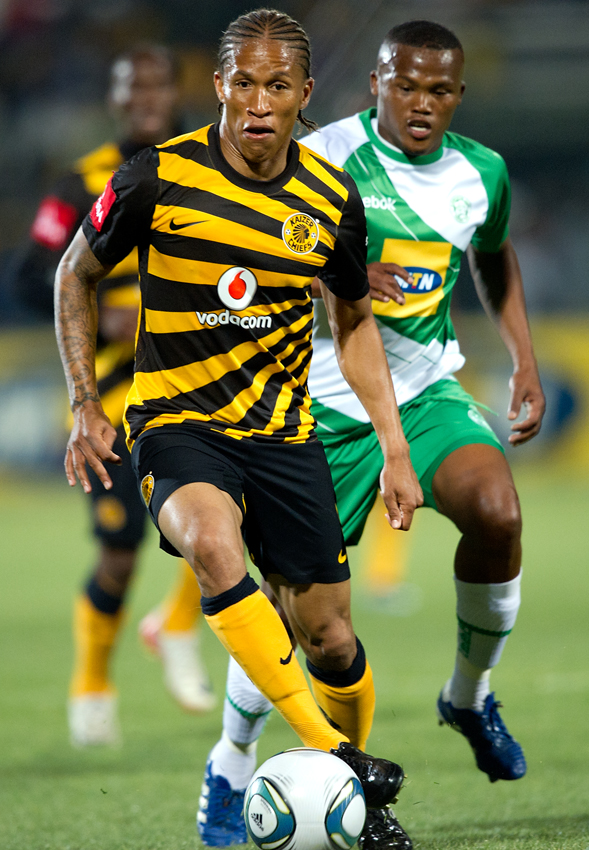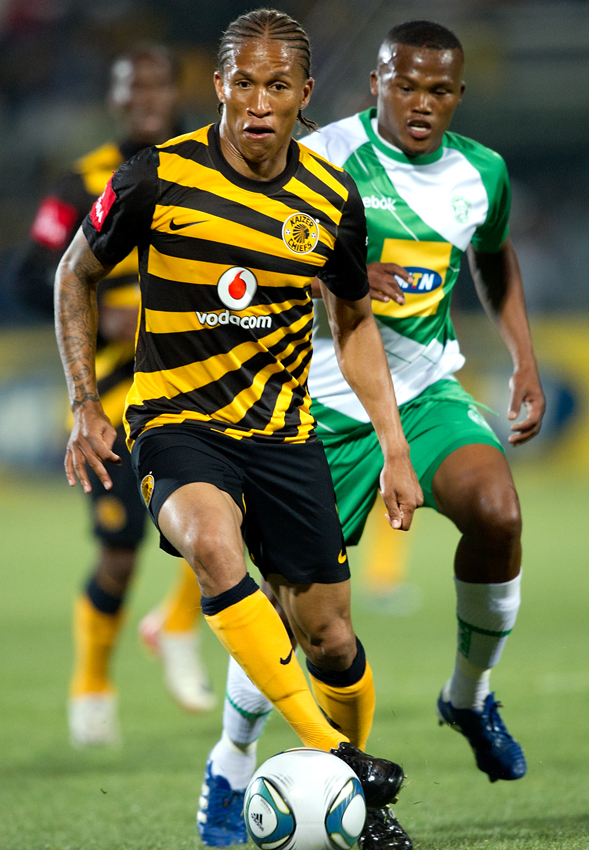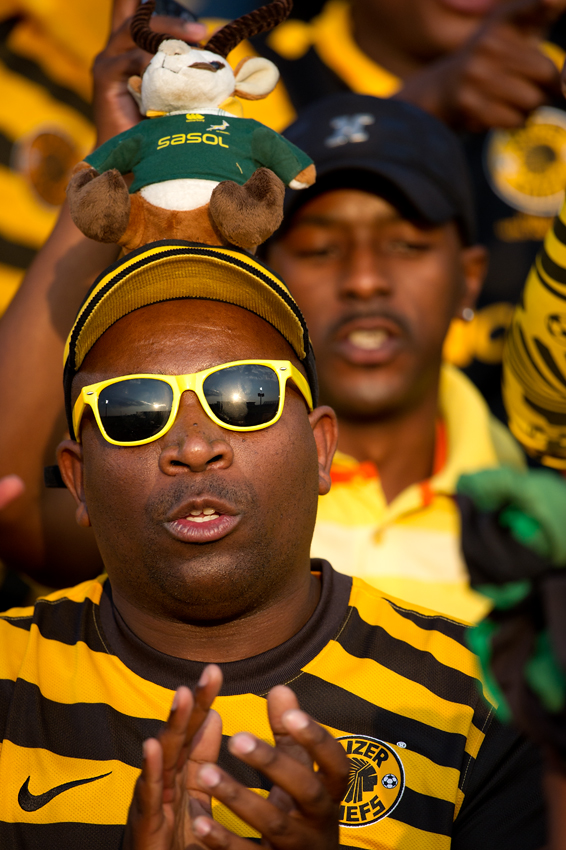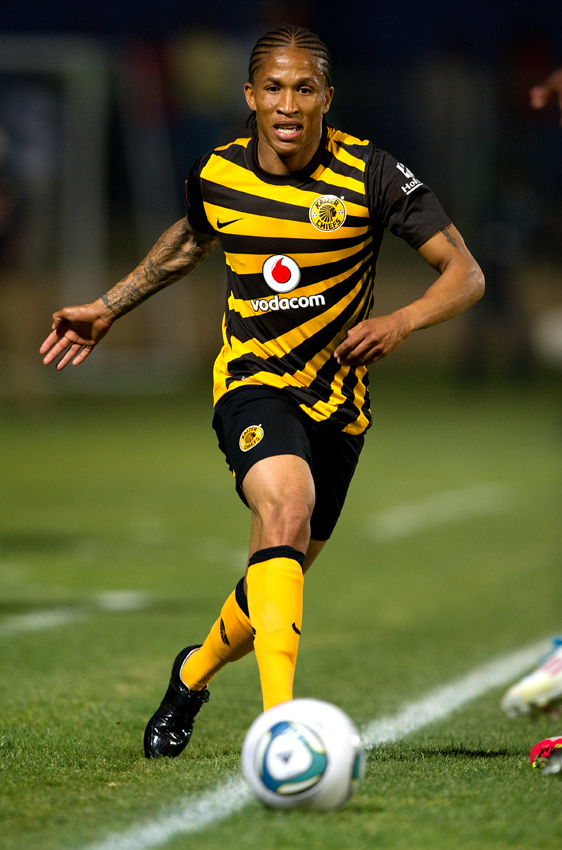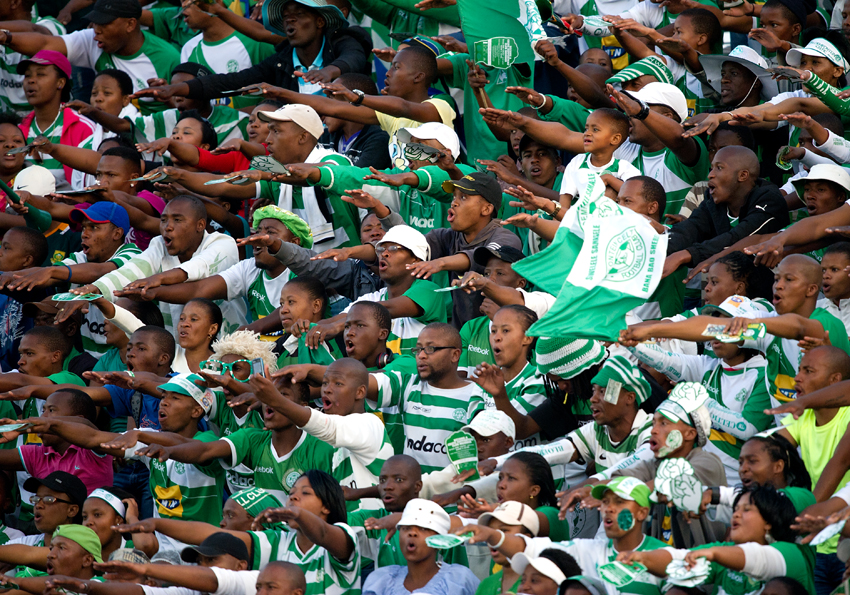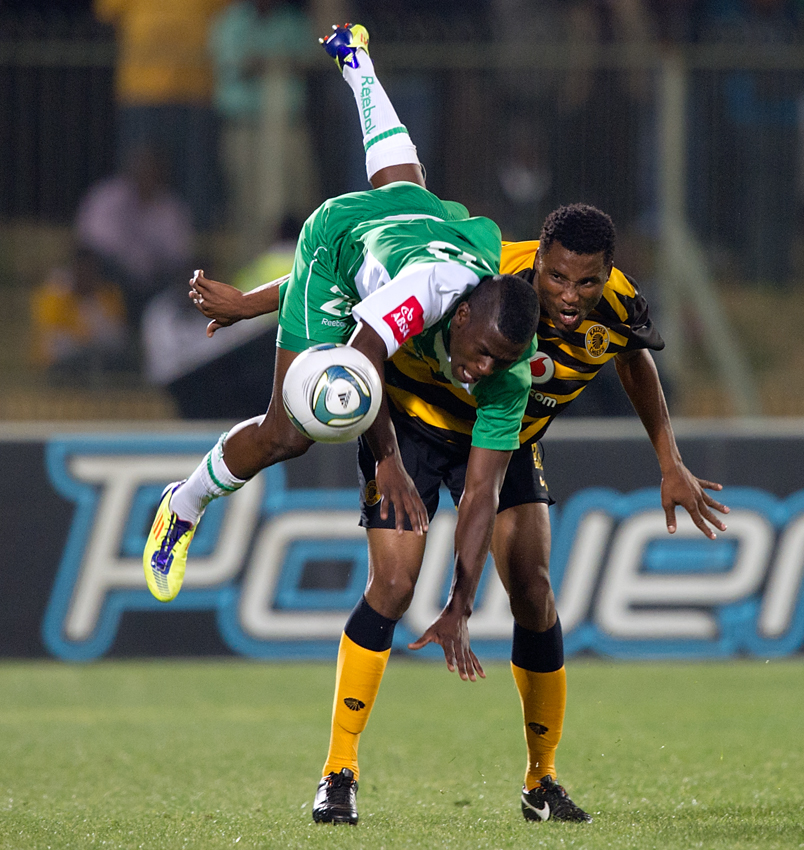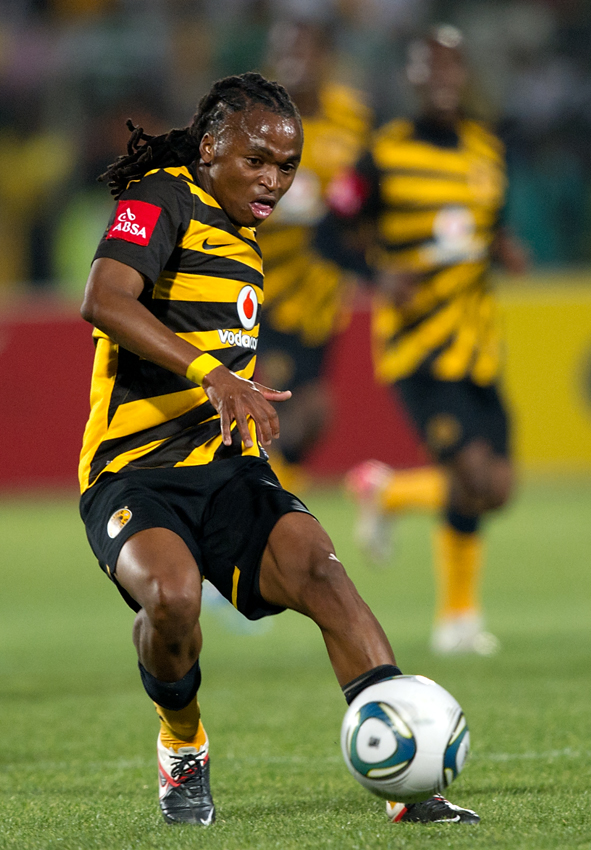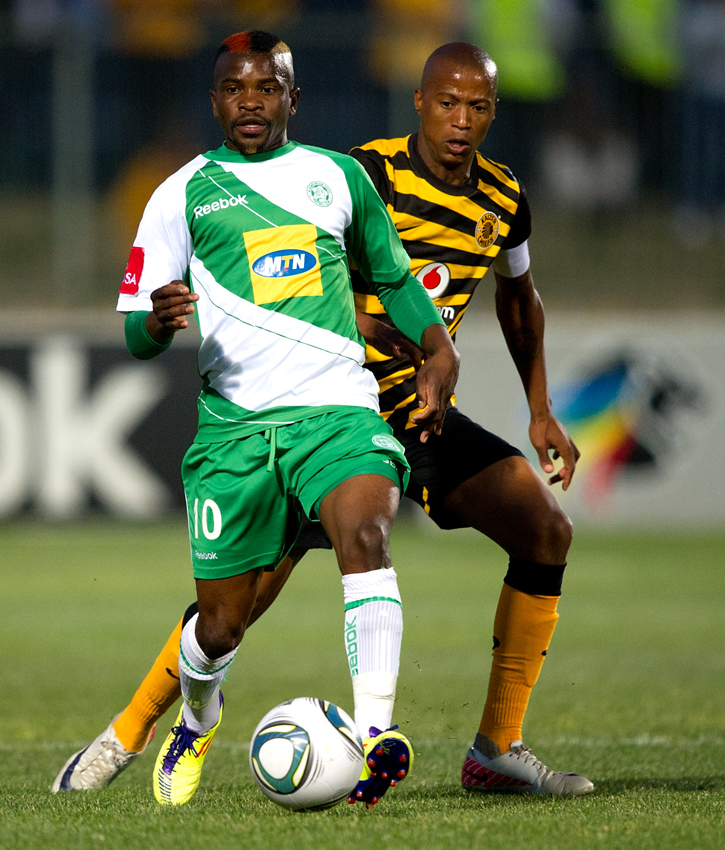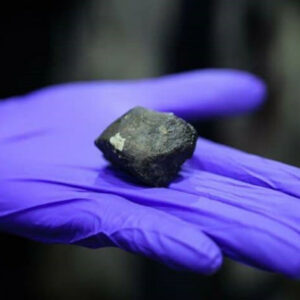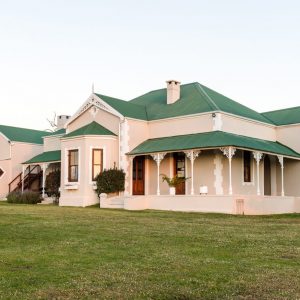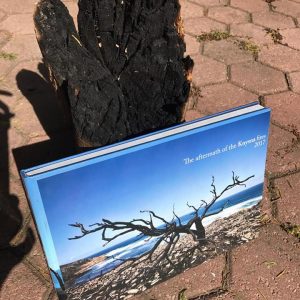On Saturday 24 September 2011 I had the opportunity to cover the Soccer match between Bloemfontein Celtic and Kaizer Chiefs at the Seisa Ramabodu Stadium. Definitely an amazing experience! All tickets were sold out for this much-anticipated clash.
There is something amazing about the vibe at a closely contested local soccer derby – and the fans provide many opportunities for the sports photographer to not only share in the enjoyment, but also to capture these emotions on and off the pitch!
Kaizer Chiefs is a South African Football club, founded 7 January 1970 in Soweto, Johannesburg. The team is nicknamed Amakhosi which means “lords” or “chiefs” in Zulu. They currently play most of their home games at Soccer City in Soweto, which is commonly also referred to as the FNB Stadium.
The club is unarguably the biggest football club in the country in terms of success. It is also the most supported club in South Africa and the neighbouring countries of Botswana, Zimbabwe, Zambia etc. It has been estimated that the club has over 16 million supporters.
Bloemfontein Celtic is a South African Football (soccer) club based in Bloemfontein, founded in 1969 as Mangaung United, and renamed in 1984 to its current name. The club currently compete in Premier Soccer League, and selected Seisa Ramabodu Stadium as their home venue. Bloemfontein Celtic has a large fan base in the Free State. Siwelele, as Celtic’s supporters are known, are arguably the most passionate in South Africa.
The club was founded in 1969 as Mangaung United FC. In 1984 businessman Petros Molemela took over the club and changed the name to Bloemfontein Celtic. In November 2001, after the relegation of Phunya Sele Sele, Molemela sold his shares in the club to Demetri “Jimmy” Augousti, a former Celtic player.
Bloemfontein Celtic guarded their unbeaten Premiership run at home as they held Kaizer Chiefs to a 0-0 draw on Saturday night. Neither was able to capitalise on their dominance, despite creating some decent opportunities. Though it remained goalless all the way to full-time, there was always the sense that a goal was just around the corner.


